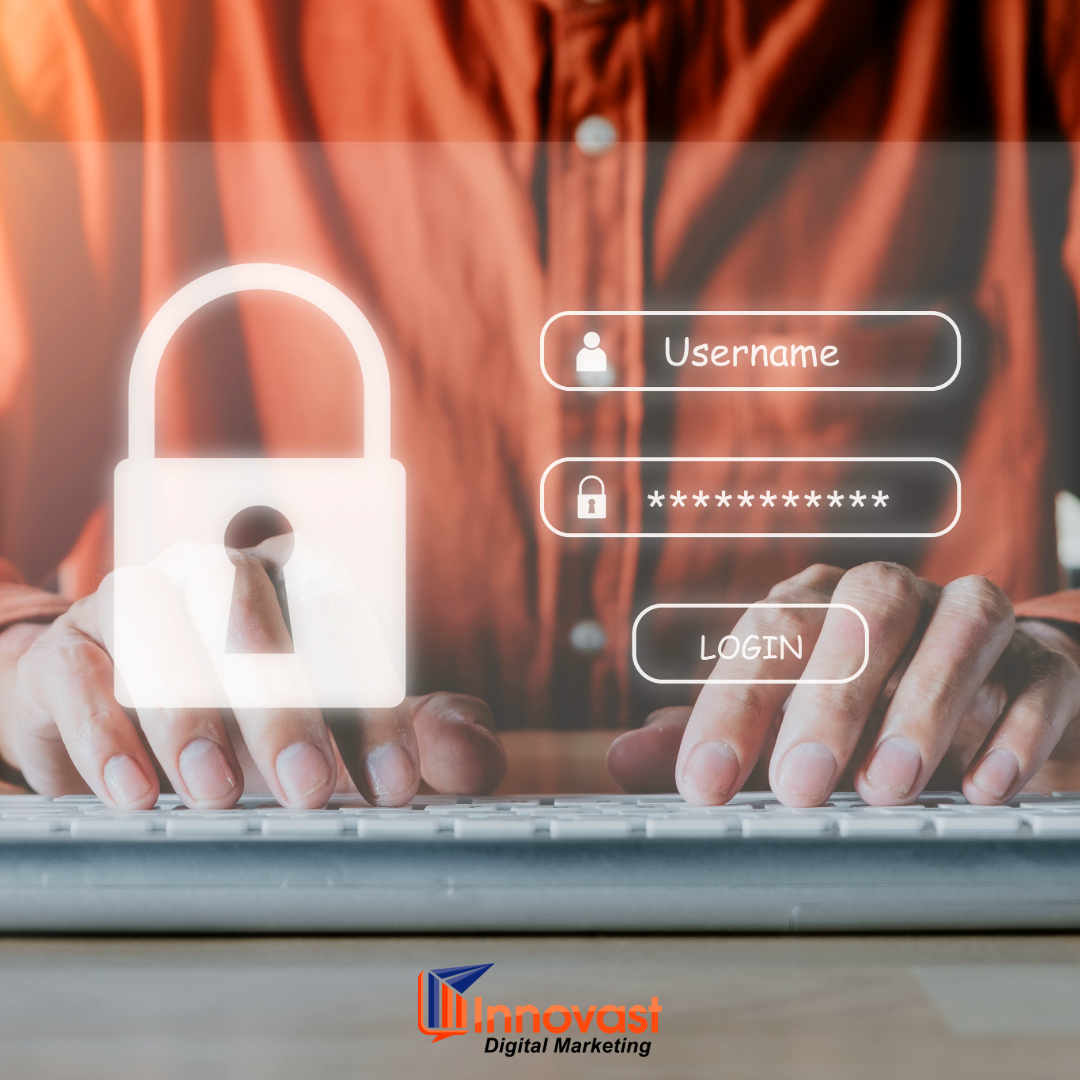Website Security: An alarming number of websites fall victim to hacking attempts every day—up to 30,000 sites are compromised daily. This staggering figure underscores the urgent need for robust website security measures. The reality is not a matter of if your site will be targeted but when. As cyber threats continue to evolve, ensuring the security of your website is paramount to safeguarding your business and maintaining customer trust.
Why Website Security is Essential
Website security goes far beyond having an eye-catching design or a user-friendly interface. With the increasing sophistication of cyber-attacks, businesses must prioritize creating a secure environment for their online presence. Here are some key reasons why website security is indispensable:
- Protect Sensitive Data: Websites often handle sensitive information, including personal details, financial data, and proprietary business information. Ensuring this data is secure is critical to preventing breaches that could lead to severe consequences.
- Maintain Customer Trust: A single security breach can significantly damage your brand’s reputation. Customers expect their data to be safe when interacting with your website. A secure site fosters trust and encourages repeat visits.
- Avoid Legal and Financial Repercussions: Data breaches can result in hefty fines and legal actions. Compliance with data protection regulations, such as GDPR, is essential to avoid such repercussions.
- Prevent Downtime and Loss of Revenue: Cyber-attacks can disrupt your website’s functionality, leading to downtime and potential revenue loss. Ensuring robust security measures can help maintain uninterrupted service.
Key Components of a Secure Website
Implementing comprehensive security measures involves addressing multiple aspects of your website’s infrastructure. Here are four critical components to focus on:
- Secure Endpoints
Endpoints are gateways through which users and systems interact with your website. These include URLs, customer portals, and APIs. Each of these access points must be fortified to prevent unauthorized access. For instance, if your website integrates with third-party applications through APIs, securing these connections is vital to protect data integrity.
- Screen Traffic
Monitoring and screening website traffic is essential for detecting and mitigating potential threats. Implementing security tools that can identify suspicious activity in real time helps prevent hackers from exploiting vulnerabilities. Automated systems should be in place to alert your team and block malicious traffic, minimizing potential damage.
- Safeguard Users
Protecting your website’s users is as important as securing your own data. This involves implementing measures to ensure user data is encrypted and safe from unauthorized access. Secure data entry forms, encrypted connections (HTTPS), and robust authentication mechanisms are critical to safeguarding user information.
- Sustain Vigilance
Cybersecurity is an ongoing process. Staying ahead of potential threats requires continuous monitoring and updating of your security protocols. Regularly reviewing your website’s security posture, applying patches, and upgrading systems are essential to maintaining a secure environment. Employing a managed Security Operations Center (SOC) can provide real-time monitoring and response to threats.
Practical Steps to Enhance Website Security
To ensure your website remains secure, consider implementing the following best practices:
- Use Strong Passwords and Multi-Factor Authentication: Encourage the use of strong, unique passwords and enable multi-factor authentication (MFA) for all accounts.
- Regular Software Updates: Keep your website’s software, including CMS, plugins, and themes, up-to-date to protect against known vulnerabilities.
- Web Application Firewalls (WAF): Deploy WAFs to filter and monitor HTTP traffic between your web application and the Internet.
- SSL Certificates: Ensure your website uses SSL certificates to encrypt data transferred between users and your site.
- Regular Security Audits: Conduct regular security audits to identify and address potential vulnerabilities.
Website security is critical to maintaining a robust online presence. By securing endpoints, screening traffic, safeguarding users, and sustaining vigilance, we can significantly reduce the risk of cyber-attacks. Ensuring your website’s security protects your business and customer data and enhances your brand’s credibility and trustworthiness.
For expert guidance on building and maintaining a secure website, contact Innovast Digital Marketing. Our team specializes in developing battle-ready websites equipped to withstand the ever-evolving landscape of cyber threats. Let us help you safeguard your digital assets and ensure your online success.


 Subscribe now and start gaining traction this week!
Subscribe now and start gaining traction this week!